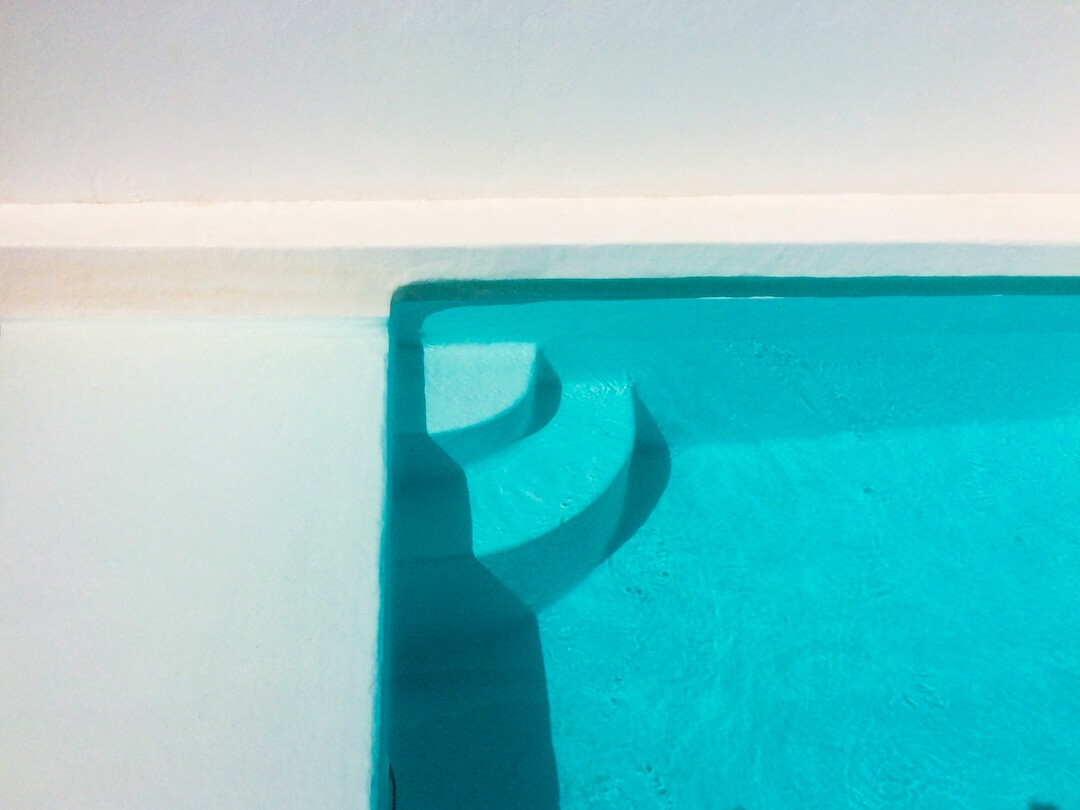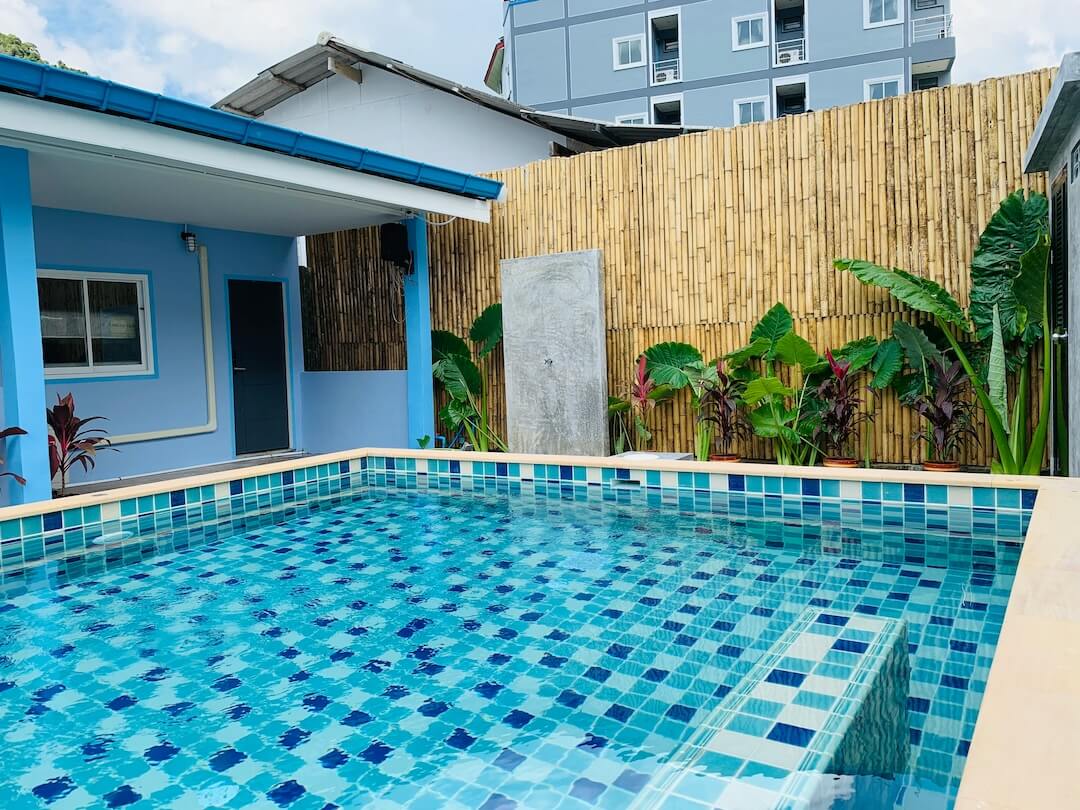How to Balance Pool pH Levels

How to Balance Pool pH Levels
Keeping your pool's pH levels correctly balanced is a vital part of overall pool maintenance. In Dania Beach, where the warm climate encourages year-round swimming, maintaining optimal water chemistry can be particularly challenging yet essential. Proper pH balance not only ensures your pool water is comfortable for swimmers but also protects your pool equipment from corrosion or scale buildup. Our team of pool specialists in Dania Beach is here to guide you through the process of testing, adjusting, and maintaining ideal pH levels for your pool.
Understanding pH in Pool Water
The pH level measures the acidity or alkalinity of your pool water, with a scale from 0 to 14. A pH of 7 is considered neutral, while levels below 7 indicate acidity and above 7 indicate alkalinity. For most pools, including those in Dania Beach, the recommended pH range is between 7.2 and 7.6. Maintaining this balance is crucial because water that's too acidic can cause corrosion to metal parts and damage pool surfaces, while alkaline water can lead to scale formation and cloudy water. Proper pH levels also maximize the effectiveness of sanitizers like chlorine, ensuring your pool remains safe and hygienic.
Testing Your Pool pH
Regular testing is the foundation of effective pH management. Our Dania Beach pool experts recommend testing your water at least twice a week, especially during peak swimming seasons or after heavy rainstorms. Use a reliable pool water test kit, which typically includes test strips or liquid reagents, to measure both pH and other essential parameters like alkalinity and chlorine levels. To test, collect a water sample from different parts of your pool to get an accurate reading, and compare the results to the ideal pH range.
Adjusting pH Levels
When testing reveals your pool's pH is outside the optimal range, adjustments are necessary. If the pH is too low (below 7.2), it indicates acidity, and you should add a pH increaser, often called soda ash or sodium carbonate, to raise the pH. Conversely, if the pH is too high (above 7.6), you need to lower it using a pH reducer, typically muriatic acid or dry acid. Our pool specialists in Dania Beach can assist with the correct application and dosage, which depends on your pool’s size and current water chemistry. Always add chemicals gradually and retest the water after each adjustment to prevent overshooting the desired pH level.
Maintaining Proper pH Balance
Consistency is key to keeping your pool water balanced. After adjusting the pH, monitor it regularly, especially in fluctuating weather conditions common in Dania Beach. Incorporate routine testing into your weekly pool maintenance schedule. Additionally, maintaining proper total alkalinity—usually between 80 and 120 ppm—helps stabilize pH levels and reduces the need for frequent adjustments. Our experts recommend using a comprehensive water testing kit that includes alkalinity testing for a complete picture of your pool’s chemistry.
Additional Tips for Pool pH Management
To ensure your pool remains balanced throughout the season, consider using pool stabilizers or conditioners that help buffer pH fluctuations caused by sunlight, evaporation, or contaminants. In Dania Beach, where high temperatures can accelerate chemical reactions, taking these extra steps can save you time and money. Also, avoid adding chemicals directly to the skimmer without pre-dissolving them in water, as this can cause localized pH swings or damage your equipment. If you're unsure about chemical handling or testing procedures, our pool professionals in Dania Beach are always available to provide expert advice and assistance.
When to Seek Professional Help
While routine testing and adjustments can be managed by pool owners, complex issues or persistent pH imbalances may require professional intervention. Our pool specialists in Dania Beach have extensive experience diagnosing water chemistry problems and can recommend tailored solutions. Regular professional inspections help catch potential issues early, prolong your pool’s lifespan, and ensure the safest swimming environment. Don’t hesitate to contact us if you notice persistent cloudy water, unusual odors, or equipment malfunctions, as these can be signs of pH imbalance or other water chemistry problems.
Conclusion
Balancing your pool's pH levels is a fundamental aspect of proper pool maintenance that directly impacts swimmer comfort, water clarity, and equipment longevity. In Dania Beach’s warm climate, regular testing and timely adjustments become even more critical to prevent issues like corrosion or scale formation. Our pool specialists are here to support you with expert advice, professional testing, and chemical treatments designed to keep your pool water perfectly balanced all season long. Contact us today to learn more about maintaining optimal water chemistry and ensuring a safe, enjoyable swimming experience for you and your family.



